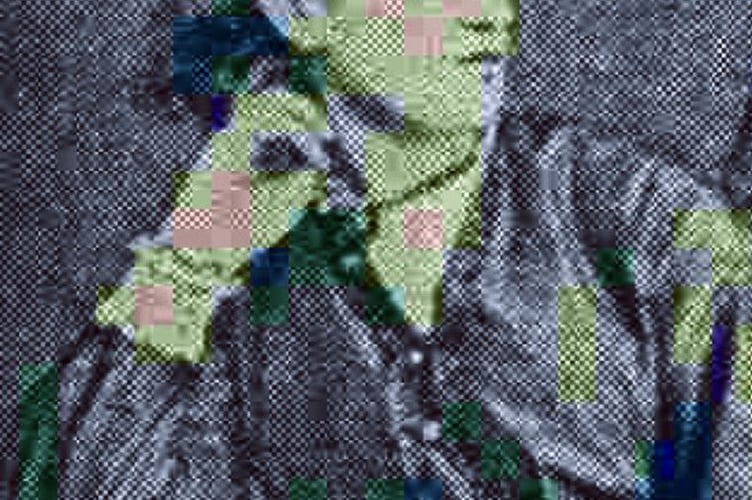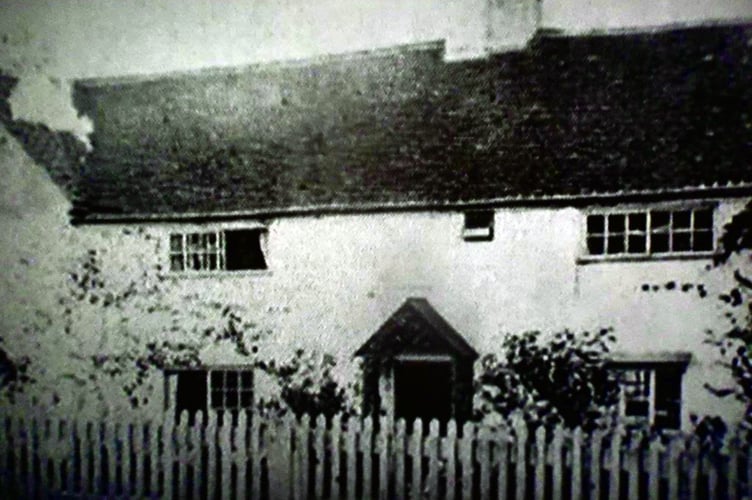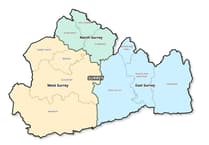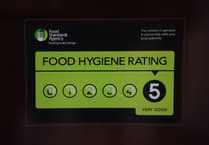WHEN barrister and poet Arthur Joseph Munby died, aged 81, in 1910, he took to his grave a secret that was not revealed until six months later, when his will was published.
Arthur died at his home, Wheelers Farm in Pyrford, and his will showed that 37 years previously he had secretly married, “for love”, his servant Hannah Culliwick, who came from Shropshire.
It may not seem shocking today, but when, in 1910, the national newspapers found out that his maid was his wife, they went wild.
Among much that has been written about Arthur, it is said his marriage to Hannah “revolved around redefining the established sexual and social norms of Victorian Britain”. It was definitely a taboo subject at the time.
In his journals, Munby wrote about meeting working-class women, particularly those who performed hard physical tasks. He sketched them and collecting hundreds of photos of them.
Although he often resided in London, Arthur settled in Pyrford in 1878, but it appears his wife never went there as they had separated in 1877. She returned to Shropshire, but they continued to see each other. And from around 1887, they often met at a rented a cottage in the Shropshire village of Hadley. Hannah died in her home county in 1909.
In July 1910, the Daily Mirror seized on the revelation in Munby’s will and sent a correspondent to Pyrford to speak to some of its residents.

The correspondent wrote: “Residents were astonished when I told them today that Mr Munby was married, and that his wife had always insisted on being his servant as well as his wife.
“Mr Cole, a farmer, of Church Hill, who knew him perhaps more intimately than anyone else in Pyrford, told me, that he always thought Mr Munby was a bachelor.”
Cole said: “When I first knew him he was a tall, handsome man, with a carefully trimmed beard and moustache, and with a most kind expression in his eyes. He always went away in June, sometimes abroad, and also, I was told, to his other house in Salop [Shropshire], and he made a point of not returning until September.
“He frequently spoke sympathetically about people who had to work for their living, and when walking along lanes he would, if he saw a working girl, stop and speak words of good cheer to her.”
The wife of the Rev John Osborne, the vicar of St Nicholas Church, Pyrford, said that for the three years they had known Munby he never went out except in a hired carriage. He was also nearly blind and she would read the newspapers to him. She said: “He took the keenest possible interest in things, but he never mentioned that he was married.”
The Daily Mirror drew attention to one of Munby’s poems titled Maid Margery, that evidently refers to his love for “the mere girl that sits and knits”.

The newspaper sent another reporter to Shropshire to interview James Culliwick, Hannah’s brother.
James knew they were married and said: “He used to come down for one month in every three and they were always very fond of each other. They used to walk in the fields together, and he would talk to her about the trees and the birds and the flowers.”
Further enquiries by the reporter in the Shropshire villages of Hadley and Wombridge revealed that many locals there knew of the marriage. And it is thought that some of Arthur’s close friends also knew the secret.
Researcher Mark Coxhead has found Arthur’s burial record in the Pyrford’s parish register.

The vicar later made a correction to the date with a side note added – 29 January is crossed out, being replaced with 3 February.
Mark has also had a thorough search of the churchyard hoping to find a headstone with Arthur’s name on it, but unfortunately without success. Many of the older headstones have deteriorated with the lettering on them no longer legible.
If you have some memories or old pictures relating to the Woking area, call David Rose on 01483 838960, or drop a line to the News & Mail.
David Rose is a local historian and writer who specialises in what he calls “the history within living memory” of people, places and events in the west Surrey area covering towns such as Woking and Guildford. He collects old photos and memorabilia relating to the area and the subject, and regularly gives illustrated local history talks to groups and societies. For enquiries and bookings please phone or email him at: [email protected]



.jpeg?width=209&height=140&crop=209:145,smart&quality=75)
